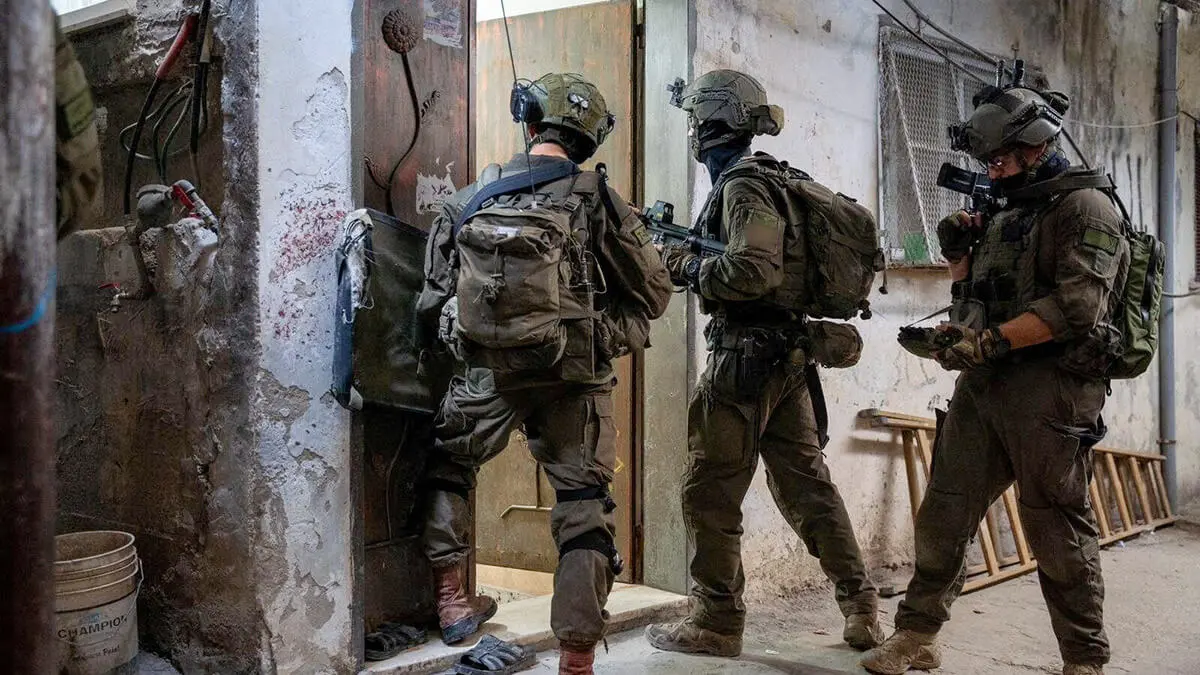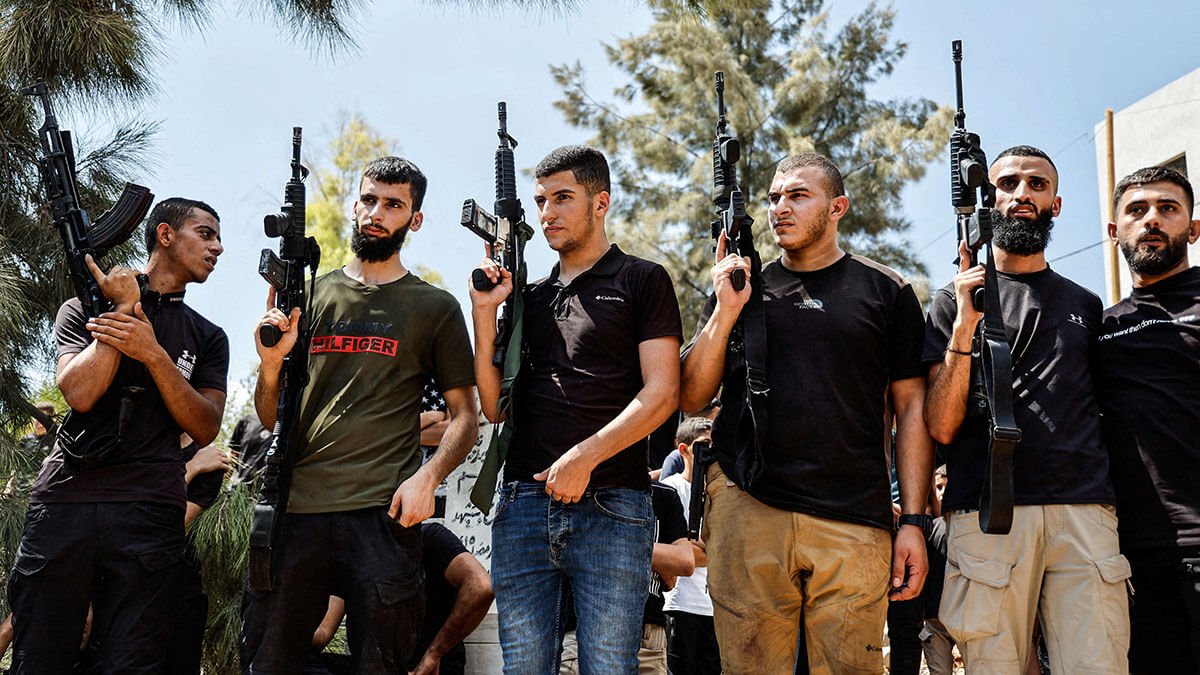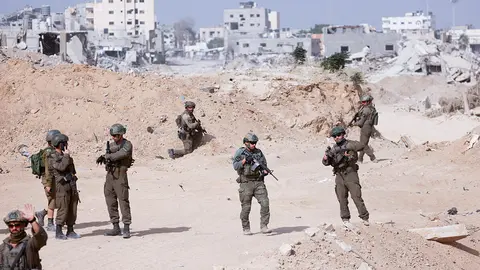Israel launches anti-terrorist operation in Jenin

Earlier this week, Israel launched an incursion into the Jenin area of the West Bank, just days after it reached a ceasefire in the war with Hamas in the Gaza Strip.
Israeli Prime Minister Benjamin Netanyahu said the operation, dubbed the ‘Iron Wall’, was aimed at ‘eradicating terrorism’ in the area, especially in the Jenin refugee camp.
For the moment, this military incursion has left at least 12 Palestinians dead and 40 wounded, according to the Palestinian Health Ministry, which does not specify whether the victims are civilians or combatants.
For its part, the Israel Defence Forces announced the killing of two Palestinian Islamic Jihad members in recent days, whom it accused of involvement in an attack on a bus on 6 January that left three Israelis dead and six wounded.
The operation, which began with targeted attacks on the infrastructure of armed groups in the area, progressed with the deployment of ground forces in Jenin. It is expected to continue for several days, with the use of significant military assets, including special forces, Shin Bet security service and border police units.
The new Israeli operation has also seen an increase in arrests in several parts of the West Bank. According to Defence Minister Israel Katz, the threats in the West Bank are ‘growing’. ‘The Iranian axis continues to fund, direct and arm these activities,’ Katz said, ordering the IDF to ‘act with force to protect all communities and residents, strike hard and prevent terrorism’.
Prime Minister Benjamin Netanyahu:
— Prime Minister of Israel (@IsraeliPM) January 21, 2025
"On the directive of the Security Cabinet, the IDF, the ISA and the Israel Police have today begun an extensive and significant military operation to defeat terrorism in Jenin – 'Iron Wall'.
The Israeli raids coincide with the end of an unprecedented six-week offensive by Palestinian security forces against terrorist activities in the Jenin refugee camp.
The Palestinian Authority launched an unusual offensive last December that resulted in one of the most intense armed clashes between Palestinians in years. According to the Palestinian authorities, their aim is to restore law and order in an area where their control has diminished while groups such as Hamas have gained influence.
The IDF has seen a decrease in arrests and activity over the past two weeks. A military source told Ynet that the operation had achieved its goal. ‘They showed the Palestinians and the world that they will not tolerate such a terrorist presence,’ the source explained. ‘It is also their signal to the United States and the European Union that they are capable of controlling parts of Gaza instead of Hamas,’ he added.

Israeli security sources reported that Palestinian security forces arrested some 340 terrorists, eliminated 10 (including a senior official described as the camp's second-in-command) and confiscated 290 explosives, 23 car bombs and numerous drones intended for military use.
While Israel continues its operation in the West Bank, the ceasefire in Gaza remains in place. Four women kidnapped by Hamas are expected to be released this Saturday in exchange for Palestinian prisoners in Israeli jails.
Also, as part of the agreement, the terrorist group is expected to hand over to Israel a list detailing the condition of the remaining 26 hostages to be released in the first phase of the ceasefire agreement.










